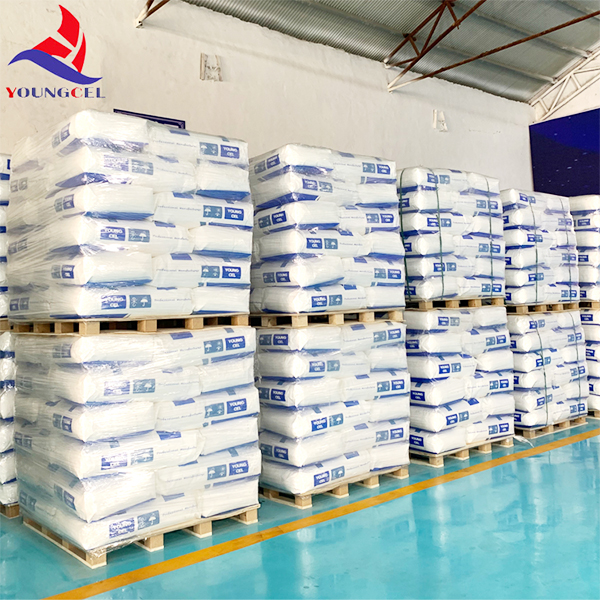The Role of Additives in Cement Mortar Enhancing Performance and Durability
Cement mortar is a fundamental material in the construction industry, widely used for binding stones, bricks, and other building materials. Although traditional cement mortar has proven effective, the introduction of additives has revolutionized its performance characteristics, making it more versatile and durable. This article explores the significance of cement mortar additives, their types, benefits, and their impact on the construction industry.
Understanding Cement Mortar
Cement mortar is composed of a mixture of cement, sand, and water. This combination provides the binding properties necessary for masonry applications. However, while standard mortar is adequate for many construction tasks, it can exhibit limitations in terms of workability, durability, and resistance to environmental factors. This is where additives come into play.
Types of Additives
Additives can be broadly classified into several categories based on their specific functions
1. Plasticizers and Superplasticizers These additives enhance the workability of the mortar, allowing for easier mixing and application without compromising strength. Superplasticizers, in particular, reduce water content while maintaining flowability, resulting in a stronger and denser final product.
2. Air-Entrainment Agents These additives introduce microscopic air bubbles into the mortar, improving its resistance to freeze-thaw cycles. This is especially beneficial in regions experiencing extreme weather conditions, as it reduces the risk of cracking and enhances longevity.
3. Waterproofing Agents These are crucial for ensuring the impermeability of cement mortar, making it suitable for applications in wet environments. Waterproofing additives help prevent water penetration, thereby protecting structures from deterioration due to moisture and related issues.
4. Accelerators and Retarders Accelerators speed up the curing process, making them useful in cold weather conditions or when quick setting is necessary. Conversely, retarders delay the setting time, allowing for more extended working periods, which can be advantageous in large-scale projects.
cement mortar additive

Benefits of Using Additives
The incorporation of additives into cement mortar brings numerous benefits
- Enhanced Durability Additives improve resistance to environmental stressors, including moisture, temperature fluctuations, and chemical exposure. This results in longer-lasting structures with minimal maintenance needs.
- Improved Workability With the addition of plasticizers and superplasticizers, mortar becomes easier to mix and apply, facilitating more efficient construction processes.
- Greater Versatility Different types of additives enable tailored functionalities, allowing cement mortar to be customized for specific applications, whether for tiling, joint filling, or structural use.
- Cost Efficiency While the upfront cost of additives may increase initial expenditures, the long-term savings from reduced maintenance and extended lifespan of the structures often outweigh these costs.
Conclusion
In summary, the use of cement mortar additives is integral to modern construction practices. By improving workability, durability, and adaptability, these additives not only enhance the performance of cement mortar but also contribute to building sustainable and resilient structures. As the construction industry continues to innovate, the role of additives is expected to expand, leading to the development of more advanced materials designed to meet the challenges of contemporary construction demands. Embracing these innovations will ultimately lead to better quality buildings, reduced environmental impact, and improved safety for future generations.
-
Rdp Powder: Key Considerations for Wholesalers in the Building Materials IndustryNewsJul.08,2025
-
Key Considerations for Wholesalers: Navigating the World of Hpmc - Based ProductsNewsJul.08,2025
-
Hpmc Detergent: Key Considerations for WholesalersNewsJul.08,2025
-
Key Considerations for Wholesalers: China Hpmc For Tile Adhesive, Coating Additives, Concrete Additives, and MoreNewsJul.08,2025
-
Crucial Considerations for Wholesalers: Navigating the World of Construction MaterialsNewsJul.08,2025
-
Key Considerations for Wholesalers Sourcing Additive For Cement, Additive For Concrete, Additive For Putty from Additive Manufacturer Shijiazhuang Gaocheng District Yongfeng Cellulose Co., Ltd.NewsJul.08,2025




